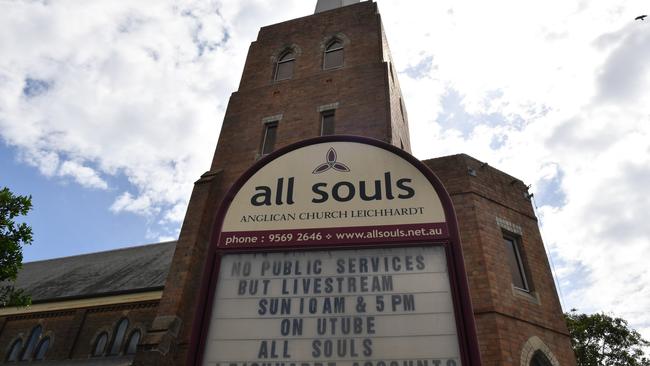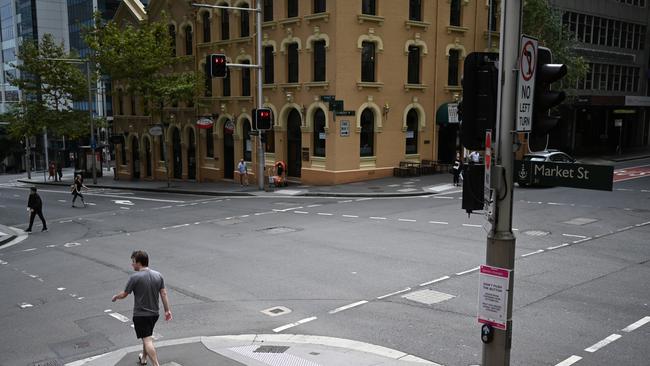What Sydney and NSW will look like under Stage 3 restrictions
Drastic “Stage 3” measures — the next package of restrictions to combat coronavirus — could see shopping malls closed, people forced to remain home unless buying essential services and gatherings of more than two people banned.
NSW
Don't miss out on the headlines from NSW. Followed categories will be added to My News.
Drastic “Stage 3” measures — the next package of restrictions to combat coronavirus — could see shopping malls closed, people forced to remain home unless buying essential services and gatherings of more than two people banned.
The radical Stage 1 and 2 measures already announced by the government have already thrown thousands of Australians out of work overnight but experts say more draconian measures are on the cards.
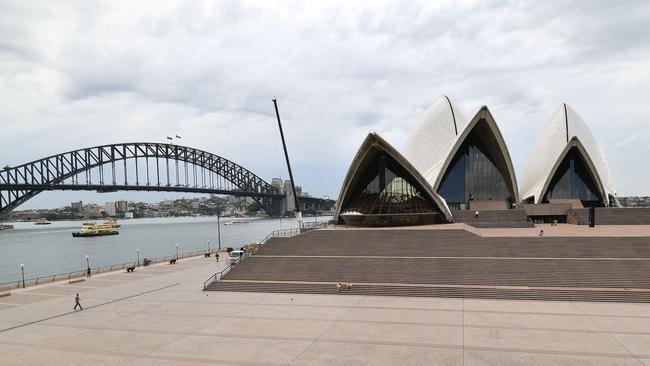
It is likely Australia will follow New Zealand and United Kingdom Britain in implementing even stricter lockdowns down the track if community spreading increases.
This could include confining residents to homes unless buying food or petrol or for medical reasons.
Victorian Premier Daniel Andrews flagged the closure of shopping centres on Wednesday, saying that time may come “but that’s not today”.
“We are doing the work to be ready for the next step, the next stage,” he said.
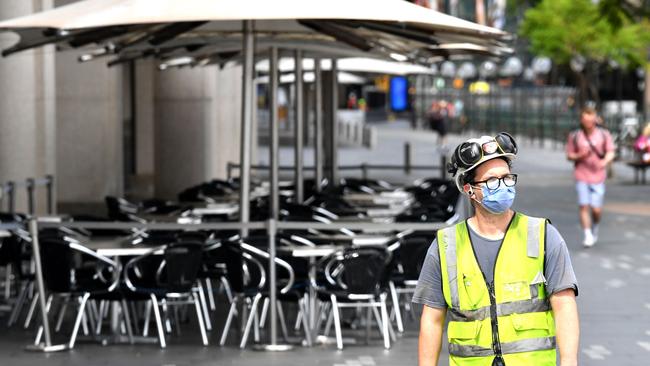
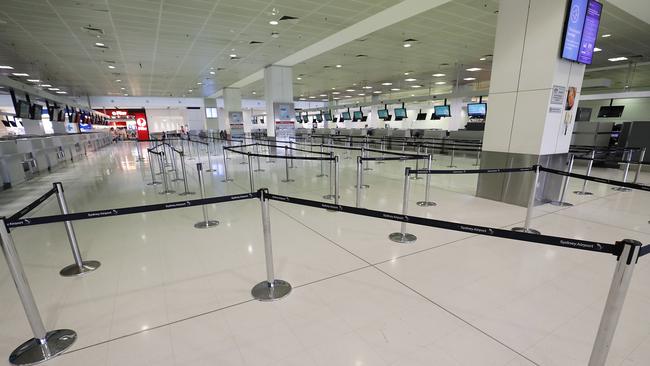
But the Australian National University Professor of Infectious Diseases Dr Peter Collignon does not think the current rate of community transmission justifies going into lockdowns yet.
“I actually think we shouldn’t do anything more dramatic, until we are aware we have a reasonable amount more of community spread — which currently we don’t and hopefully won’t get,” he said.
“If people stick to the quarantine, stick to the rules and we follow up the contacts and cases and maybe we have to be harder-nosed about that — digital tracking with phones — I don’t see we shouldn’t be just as successful as Singapore, Korea and Japan in getting the numbers to turn around.”
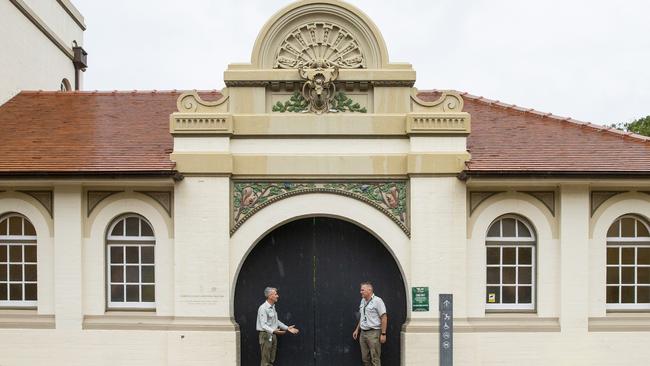
He argues Australia is ahead of countries such as the United States and Italy because we started much more testing earlier and the figures show we have minimal community spread.
“We still have the ability to control it,” Dr Collignon said. “I think that’s not unrealistic.
“We need to put severe restrictions on now but if we lock down society we could have 50 to 60 per cent unemployment and I don’t think the numbers currently justify that action.”
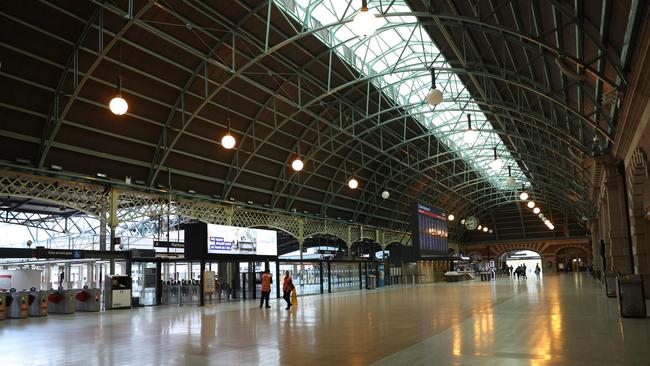
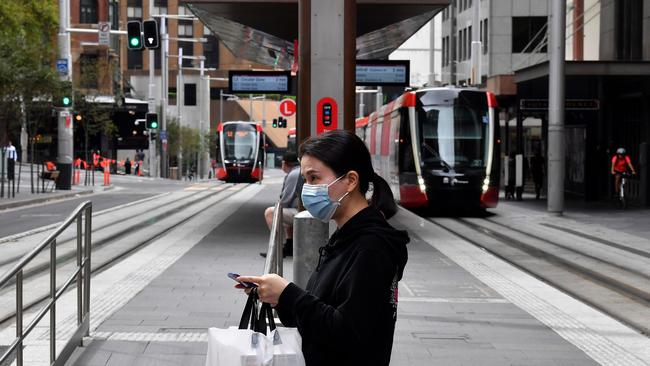
In the UK, all retail businesses except food and essential services such as petrol are closed and parks are also closed.
Another possible restriction in Australia could be adopting the UK’s ban on more than two people going out together in public.
